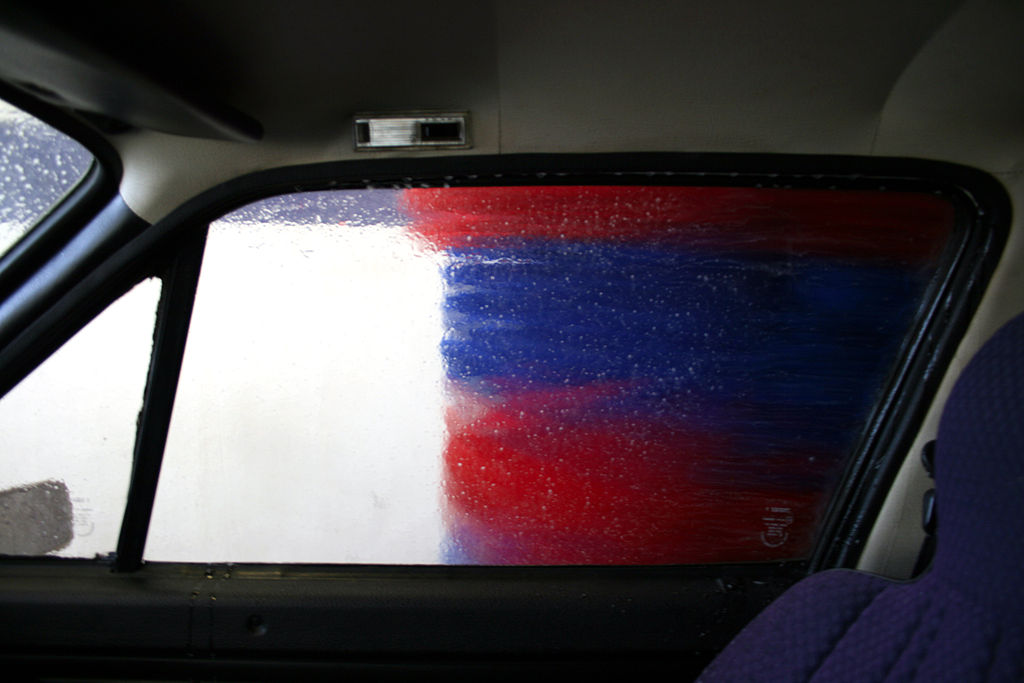Introduction
It would be impossible to provide an exhaustive account of the younger generation of Irish women’s poets, or to encapsulate the huge range and variety of styles, forms and themes in which they are working.
This article will focus on three representative figures whose work shares similar preoccupations with poets such as Eavan Boland and Sinéad Morrissey in their focus on the woman’s experience within a personal, historical, mythological and political context.
Victoria Kennefick
Victoria Kennefick is from Cork. Her first collection, Eat or We Both Starve, was published in 2021 and won the Seamus Heaney Prize for Best First Collection in 2022, being also shortlisted for the T.S. Eliot Prize, The Costa Poetry Book Award, The Derek Walcott Prize for Poetry, among others. Kennefick writes about female archetypes and stereotypes, exploring her own experiences of motherhood and illness in conjunction with that of other famous women throughout history.
In the poem ‘Paris Syndrome’ (2015), Kennefick playfully recreates the classic images of a lovers’ weekend while suggesting the visceral and almost threatening undercurrent of erotic relationships:
We stared at each other, rare exhibits in the Louvre you licked my Mona Lisa smile right off.
Poet Liz Quirke has suggested that through her measured poetics, Kennefick pushes deep into the underground of female consciousness, the embodied experience of living in this world as a girl, a woman, a wife, a daughter, a poet.
There is more about Victoria Kennefick on the Poetry Foundation website.

Molly Twomey
Molly Twomey is from Lismore, County Waterford, and graduated in 2019 with an MA in Creative Writing from University College Cork.
Her first collection, Raised Among Vultures, was published in 2022 by The Gallery Press and won the Southword Debut Collection Poetry Award, being shortlisted for the Seamus Heaney Poetry Prize for Best First Collection, and the Farmgate National Poetry Award.
Twomey’s poetry explores other aspects of the female experience, in particular that of eating disorders and recovery from them. Reviewing the collection in the Irish Times, Martina Evans said that Twomey used the device of detachment to give distance and perspective and demonstrated a strong sense of two selves in poems such as ‘The Most Brutal Thing’ where she writes: ‘but isn’t starving yourself/the most brutal thing? The slow collapse/of bones, sprained ankles to sunken cheeks,/the last segment of voice/burrowing into muffled quiet.’
In the poem ‘Bluebeard’, Twomey wittily takes the famous legend of the wife-killing pirate into the twenty-first century of digital surveillance:
She wants to drag them from his group chats, his devil emojis. How can she ever admit to finding this? He returns, sparks pixels of tobacco
Twomey’s poem shows that regardless of modernisation, the inescapability of toxic relationships is as current now as it was when the myth was first coined; that women will always suffer from imbalanced power structures.
Read more about Molly Twomey on her website.

Jessica Traynor
Jessica Traynor was born in Dublin and has published three collections to date: Liffey Swim (2014), The Quick (2018) and Pit Lullabies (2022). She was awarded the Lawrence O'Shaughnessy Award in 2023.
Reviewing Pit Lullabies in The Dublin Review of Books, poet Afric MacGlinchey noted that Traynor had joined a group of women writers who had written about birth and motherhood from an alternative or historic perspective and compared her to writers such as Annemarie Ní Churreáin, Kimberley Campanello, Liz Berry and Doireann Ní Ghríofa. She goes on to comment that Traynor imbued the realm of motherhood with a new energy and poetic force, summoning riddles and fairytales for the empowerment of women.
Traynor’s ‘Onion Poem’ from Pit Lullabies demonstrates her acute awareness of female rites of passage and often they are misrepresented within power structures: in this case, the catholic school she attended where in the yearly assembly girls were addressed by nuns who compared their maturation and development to onions with their layers being removed. Traynor comments on the problematic nature of this comparison, stating ‘and how I’m trapped between the onion’s bitter layers, the ball of uncried tears my mother says / is the cause of my asthma’ and noting the similarity of that feeling to that to the nursing mother, deprived of sleep and nourishment while her child is satiated:
my baby satisfied, but I am, I am, I am always thirsty.

(1)(1)(1).jpg)







Rate and Review
Rate this article
Review this article
Log into OpenLearn to leave reviews and join in the conversation.
Article reviews